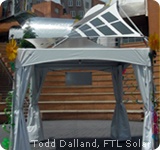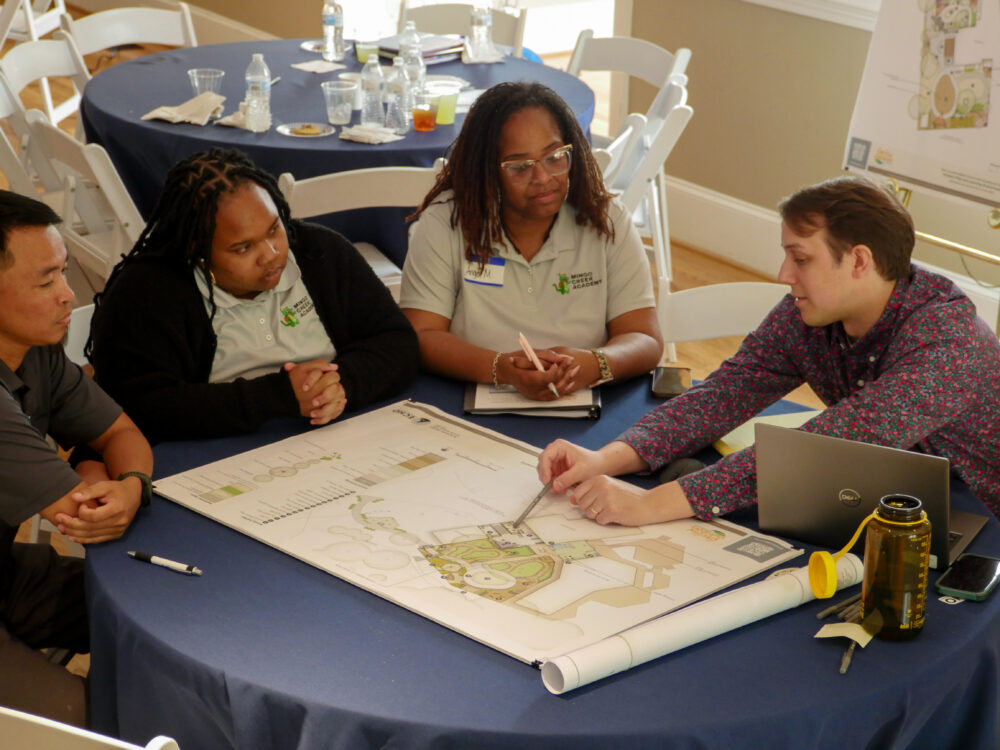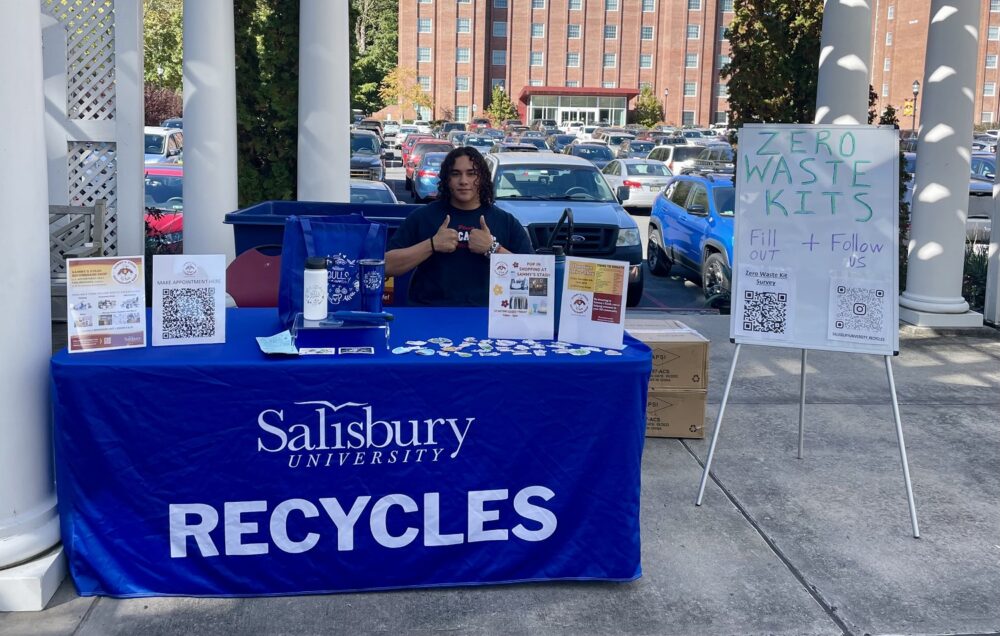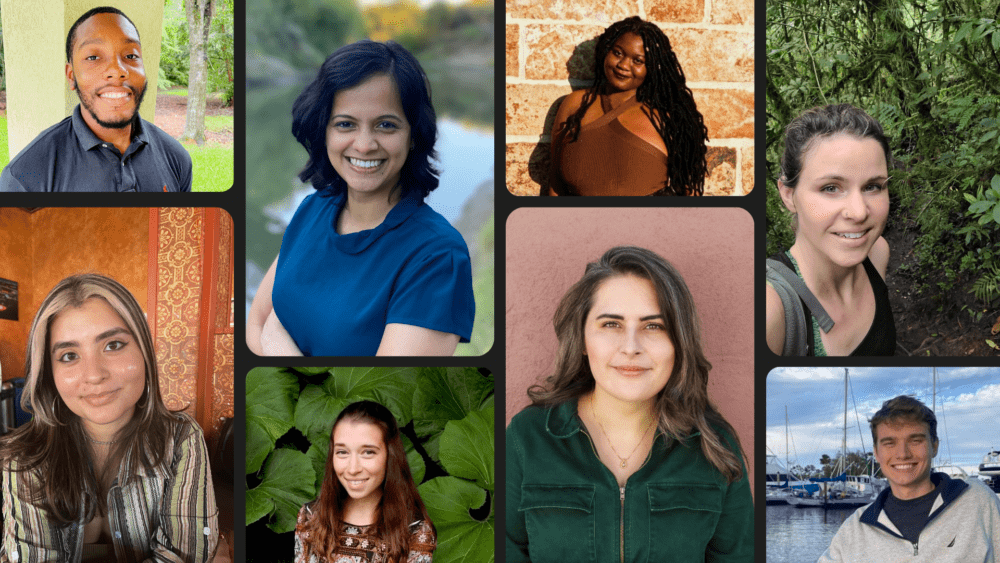We have much more to do and your continued support is needed now more than ever.
Eco-Schools USA Case Study: Youth CAN at Boston Latin School
It’s the oldest school in the United States, but Boston Latin School prides itself on its new thinking. Students have taken the initiative on several ambitious projects, rapidly transforming the Boston, Massachusetts school into a leader in education for sustainability.
Inspired by the documentary An Inconvenient Truth, students at Boston Latin School founded the Youth Climate Action Network (BLS Youth CAN) in 2007. The network now includes climate action clubs in 18 schools throughout the eastern Massachusetts area. To further engage schools in the region, BLS held its 4th Annual Climate Change Summit in May 2010. Students from over 50 schools gathered at MIT for the event. Presentations and workshops gave students and teachers an opportunity to learn more about climate change and its effects and to envision solutions.

“BLS Youth CAN is delighted and excited to have won this solar tent from FTL Solar and NWF,” said BLS Youth CAN member Rebecca Park. “Our school and the Youth Climate Action Network are working on all levels to become sustainable. The opportunities it brings for both renewable energy generation and hands-on education are fantastic. We see this solar tent as one more step in engaging in NWF’s Eco-Schools USA program and as part of our new green roof initiative.”
The school is in the process of implementing a green roof project that will provide an oasis of vegetation in the middle of the city—and a tremendous learning opportunity for students. Students contributed to the design process and are actively engaged in fundraising and communicating about the project. When the roof is complete, students will use it to grow food for the school cafeteria, monitor and analyze streaming data, and offer other area schools an opportunity to share in the learning. In fact, they envision a much larger green-roof coalition in their part of the city. And they are also advocating for—and working to create—a mandatory education-for-sustainability curriculum for all schools in the state of Massachusetts.
Learn more about BLS Youth CAN and the Youth CAN Network.





















